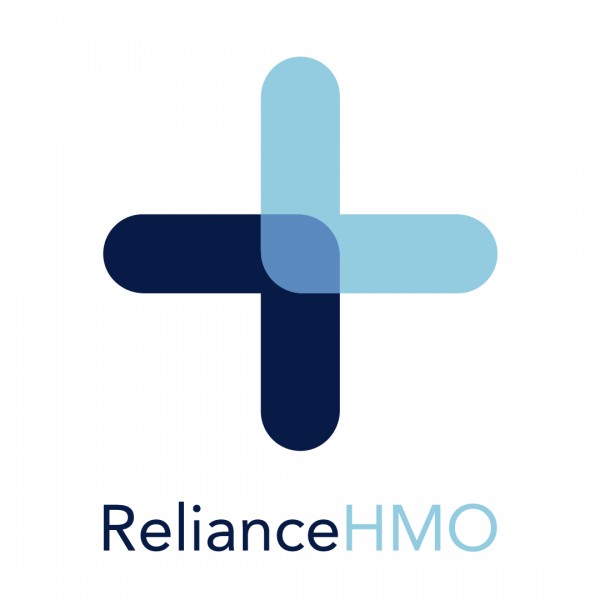There has been a tremendous growth of health tech globally since 2020 due to the Covid-19 pandemic. The situation launched the use of telemedicine, virtual care, and drug delivery in providing health care services, to the masses. This in essence fuelled investors’ interest in the health sector. Investment also seeped down to Africa as there was an increase in investments going into African startups that are at their growth level. Startups in Nigeria have also enjoyed a series of investment funding both from venture capitals and angel investors.
Read more about Tech
Reliance health, a Lagos and Texas-based digital healthcare company has just announced that they have raised $40 million in Series B funding. The Series B round is the largest of its kind in African health tech. Reports say health tech in Africa should reach a market value of over US$11 billion by 2025, and Reliance Health is looking to play a key role in the continent. Reliance health was founded by Femi Kuti, Opeyemi Olumekun, and Mathew Mayaki in 2016.
The startup uses integrated procedures to provide health insurance and telemedicine via partnerships with hospitals and healthcare facilities. Their mission is to use technology to make quality health care available, and inexpensive in emerging markets such as Nigeria. Through the startup, the masses can get easy access to a suite of healthcare products by subscriptions.
Some of the healthcare products are provided directly through the startup’s telemedicine platform, drug delivery system, and two clinics based in Lagos, Nigeria. Other services are available through third-party provider partners such as hospitals, diagnostic centres, and pharmaceutical centres. Reliance Health operates business-to-business and business-to-customers models respectively. Reliance Health Management Organisation is the company’s health insurance plan for both sets of customers where individuals can select monthly, quarterly, or yearly health plans ranging from ₦3,500 ($7) to ₦148,500 ($297.00).
Businesses can also subscribe on behalf of their employees and this is slightly cheaper than plans used by retail customers. Over 200,000 people in total from both models use Reliance Health. The platform which serves 600 businesses using the business-to-business model includes companies such as Biersdorf, Nivea, Jumia, Price water Cooper, Cowrywise, Tizzeti, Ballpoint, etc while maintaining an attributable retention rate of 99%. With their app, customers can chat with a doctor, find healthcare providers near them to visit or get medications from them and manage the delivery of their drugs.
Sign up to the Connect Nigeria daily newsletter
Reliance Health can also suggest lifestyle changes for some clients, eg individuals diagnosed with diabetes. They can also make hospital referrals if a user complains about spending hours on the line at his last visit to the clinic. Essentially, they guide people to the best option in terms of the health care that they can receive. Regardless of whether the option is provided by a third-party partner or the startup itself, they are only interested in how to guide customers to the best option when it comes to accessing healthcare.
The investment round was led by the U.S.-based growth equity investor, General Atlantic. Other investors involved in the round include Partech, Picus Capital, Tencent Exploration, Asia Africa Investment and Consulting (AAIC), P1 Ventures, Laerdal Million Lives Fund, and M3, Inc. This investment came two years after the company’s $6 million Series A in January 2020. Reliance health also raised $2 million in 2017.
Investors in both rounds include Partech, Y Combinator, Golden Palm Investments, Ventures Platform, LoftyInc Capital, and Tencent and Picus, who have participated in the three rounds totalling $48 million. They plan to use a part of the funding to build two more clinic facilities in two Nigerian cities, Abuja and Port Harcourt.
Reliance Health also intends to hire talents and scale new product lines, especially for Nigerians in the diaspora. The health tech company will also expand into new markets and Egypt is top of that list as they have already hired a country manager to launch by mid-2022. The company will also enter two or three countries before the year 2022 runs out.
Featured Image Source: Nigeria Business Directory
Did you find this article useful? Contact us: [email protected]

